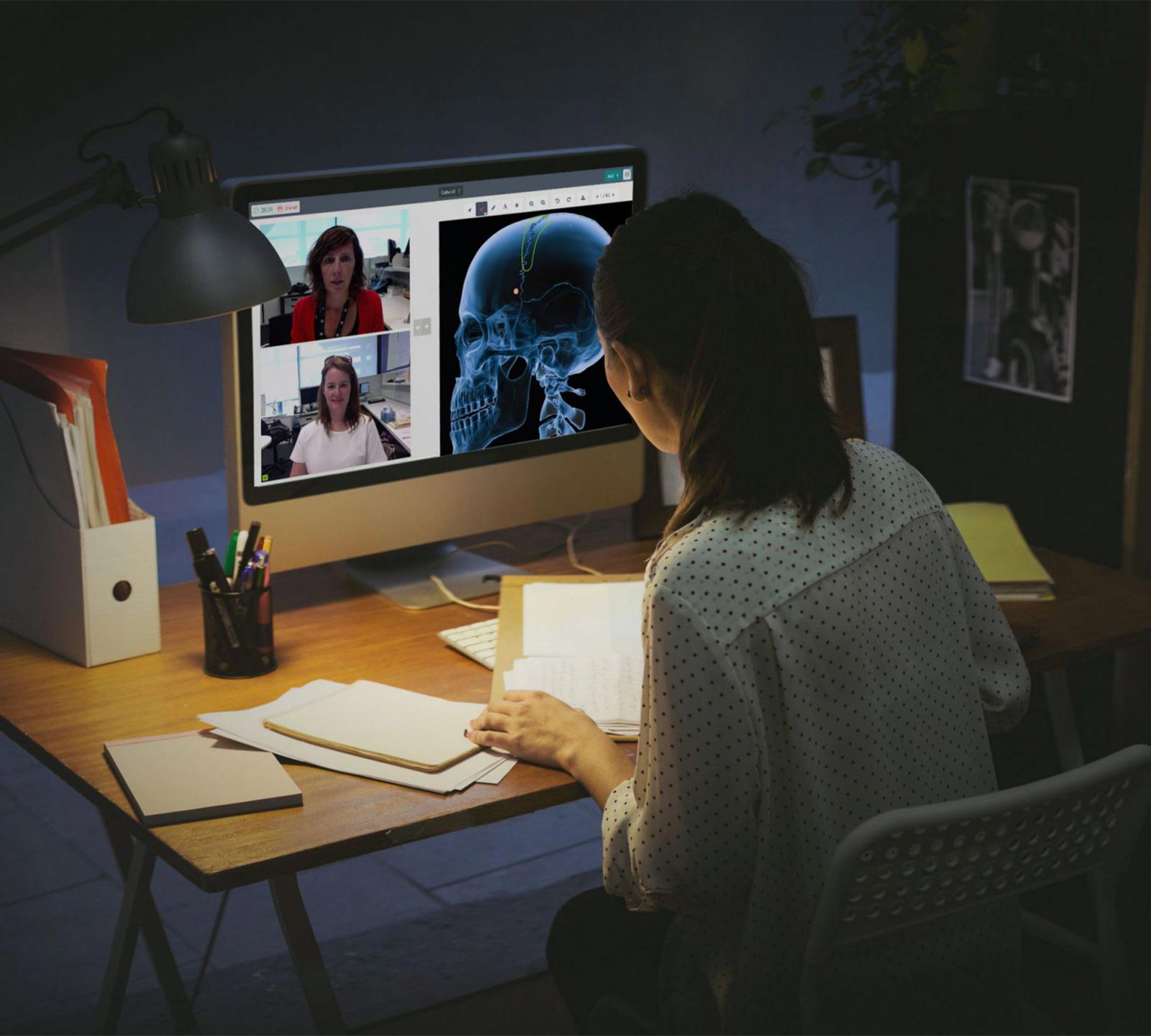Kate Quirke has been in and around digital health for over three decades. Kate shares her views on the changes, challenges and opportunities facing healthcare today.
Tell us how the digital health sector has changed over the years?
I have been working in digital health for over three decades. In that time we have seen significant changes in both the implementation of digital technologies and also the different areas of focus within digital health.
When I started out, digital health was very much centred on administrative systems, focusing on more efficiently managing processes, and it was very much hospital focused. This transitioned to a focus to developing electronic medical records – moving from paper to digital. From here, there was a real effort to broaden this beyond just the hospital sector and linking this to primary healthcare and with an increased emphasis on the patient. COVID-19 then hit and, as we know, it fundamentally changed digital health, we saw the creation of new models of care – such as virtual care and telehealth.
The question now becomes where to from here. For me, I think we will increasingly move into a world of digital therapeutics, where we use digital health as a diagnosis tool that is much more patient oriented, personalised and designed to support an individual’s health.
As we emerge from the global pandemic, what do you see as the major challenges or opportunities in digital health?
Data interoperability remains a long-term challenge. HL7, and more recently FHIR, have emerged as ways to solve this challenge. But, in Australia, the differing Federal versus State healthcare responsibilities, and the accompanying conflicting “rail gauges” this creates, makes it challenging, especially for the private sector. What we need is some sort of central mandated set of interoperability standards rather than trying to retrofit and fit together different systems.
As I mentioned, for me, digital therapeutics represents a key opportunity for the sector. But at the same time there is a real need for evidence-based research in this space. We are really seeing the emergence of Software as a Medical Device but as this accelerates, we need to think how we build evidence base for using technology for diagnosis, so this becomes as common as doing clinical trials to test a new drug.
But I think the biggest challenge in healthcare now, and one that is probably going to be with us forever, is the lack of qualified healthcare professionals. This is really a worldwide challenge and one that isn’t going to go away. In this context, all digital technology needs to drive more efficient delivery of care. We need to automate those tasks that doctors and nurses have done for years with the ultimate goal to free up caregivers to focus on giving the very best care to patients.
Where are we at on the scale of automation in healthcare? Is there an opportunity for AI?
In practice, there’s very little automation in clinical healthcare delivery. There’s been a lot of work done at the back-end around processes but generally, compared to other sectors, healthcare is really very immature. Now, maybe some of these large language models and so forth will allow us to automate some of the documentation processes, which are fairly heavy, but we need to go into that with eyes wide open.
We need to be very careful about things like ChatGPT and the ability to explain how they’re assisting and what sources have been used. Because explainable AI, I think, is an absolute mandatory requirement in healthcare. We need to be able to explain our the reasoning , it can’t be in a black box. We need to understand if we’re using AI, and it’s coming up with a diagnosis, we need to be able to clearly understand the reasoning process. To that end, I like to refer to AI as Augmented Intelligence in healthcare as it should be supporting the decision-making processes alongside doctors and nurses.
How do you work with Digital Health CRC?
We have a very close working relationship with DHCRC. Right now we have two projects that are looking to deepen the evidence base for the use of our technology in practice. The first of these projects is with Monash University to evaluate the impact of our Miya Flow electronic journey patient boards in the Alfred Health Network. We are also working on a second longer term project along with Sydney Local Health District, eHealth NSW, Murrumbidgee LHD, NSW Health, University of Sydney and The Queensland University of Technology to evaluate and improve clinical decision support tools in hospital settings which is a fairly new area of practice.
For us, DHCRC offers a unique ability to bring the universities, care providers and the private sector together in that way that helps build the evidence base and further accelerate the uptake of digital health. The DHCRC brings together lots of different views and ideas so we can create opportunities for digital health to actually contribute to the delivery of healthcare.
What is the long-term vision for Alcidion?
We are building a platform where we focus very heavily on the ability to automate the things in healthcare that can be automated. We have a saying that we want to use our technology to make the right thing to do in healthcare the easiest thing to do. And that is really about giving clinicians data at their fingertips to help them deliver the best and safest outcomes for patients, in the most efficient possible way. And we do that by taking all this data in our platform and both automating those things that can be automated and supporting caregivers to make the correct decision.
Ultimately, we would like to see our platform sitting on top of all of the electronic medical records that are available and actively helping others to connect into the ecosystem of digital health. We don’t want to own a particular space, rather we love the idea that we open up access to data so that others can plug into that ecosystem and solve the many challenges that we have in healthcare.

